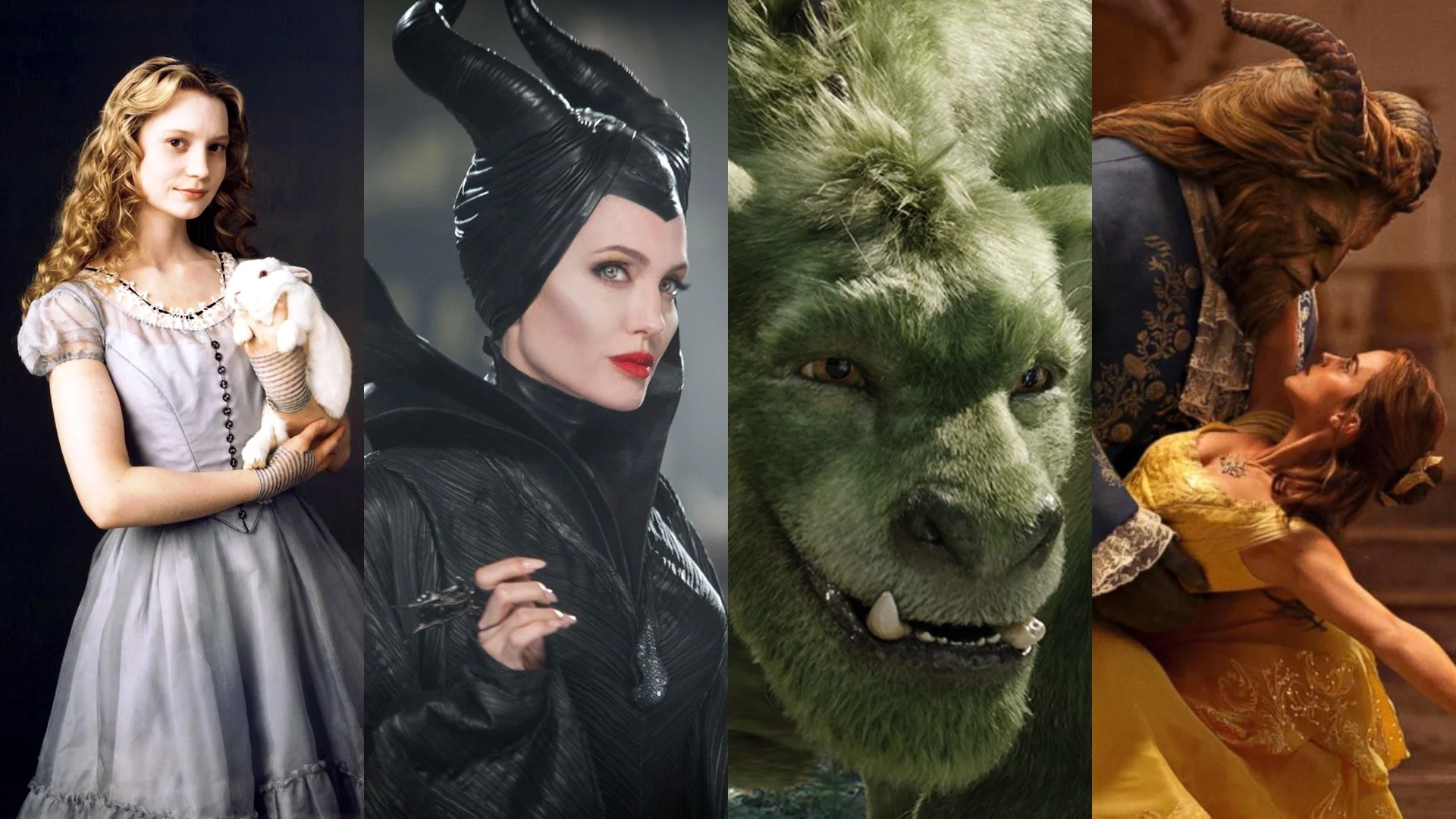Disney Hall Of Fame: Bambi (1942)
Wartime inhibits a great deal, but a particularly exempt occupation is one of an artist. Release and capital are another topic altogether, but the act of combat and bubbling world tension only provides more vast material and commentary. By refining experimentation and focus, the troubles of society melt away in the prospect of work, only to spring back when monetary constraints haunt the final aspects of production. Walt Disney — a rags-to-riches king of animated art, a problematic fiend, and the jumpstart ignition in a consumeristic cog — was no stranger to the highs and lows of war-torn creativity, with two masterworks, Pinocchio and Fantasia, providing astonishing evolution to the medium yet failing in terms of box-office success. Dumbo was budgeted and timed at 64 minutes for a reason. The studio needed popular approval via ticket sales, and fast.
And yet, Bambi re-emerging out of the Disney Vault this week on a glorious, pristine Blu-ray, is not an attempt to scrape cash together (although the studio at the time would’ve appreciated such a positive result; the film was a box-office failure), instead reconciling Walt’s expertise for the unconventional and strange with a more pointed, ecological worldview. Although many recognize the 1942 film for the infamous death of Bambi’s mother, its significant attributes go far beyond sensitively-played loss. Bambi is also about exploring the circle of life in a plotless structure of friendships and lessons, romance and hardships, all bundled within Man’s ignorance. It is no less fantastical than the balletic hippos of Fantasia or the initial awakening in Pinocchio, but sculpted against the ordinary, a simple wilderness with simple messages yet depicted with a flair of the abstract and grandiose. Its most haunting example is nothing less than the death of Bambi’s mother, rising in orchestral danger and then slicing to silence after the gunshot rings out; the aftermath only consisting of Bambi’s desperate, lonely cries and clustered patterns of snowfall. Much of Bambi’s vitality can be found in the musical details of ‘The Sorcerer’s Apprentice’, and how music guides the rhythm of the scene, but the difference lies in Disney’s balance between the sweeping texture of animation set to music and the time in which it was made. The fact that Walt Disney, the creative mind behind Snow White and the Seven Dwarfs, found himself in the position of prioritizing his work for the public is a depressing thought, but it’s inspiring that such a film, especially one about a deer growing up in the forest, can still commit to artistic aspirations and the form’s evolution while being forced towards budget cuts.
Concept art by Tyrus Wong.
The inspiration doesn’t end with the context in which Bambi was created, however. It continues with the second-to-second, frame-by-frame brilliance of its evocation, with backgrounds of a perfect tone and winding whispering delicacy by Tyrus Wong and dynamic, free-flowing characters at their center viewpoint. Bambi, his mother, Thumper, Flower, Friend Owl; they all move with a realistic vigor and a cartoonish lightness, prancing over logs, running into the brush, and interacting with environments that complement, but never distract, from their elegance. From forest fires of brash orange and red hues to antler battles painted in purple and blue, the film offers a multitude of dazzlements to interweave with its subdued, cutesy wilderness portrayal, and its characters are similarly varied in their function to Bambi’s journey. In 70 minutes, Bambi demonstrates the magic which Disney can offer, as well as the mix of simplicity and formal extravagance that is frequently uneven in many animated works, and all while World War II was brewing. To say that it is a triumph of artisans is a grand understatement.













